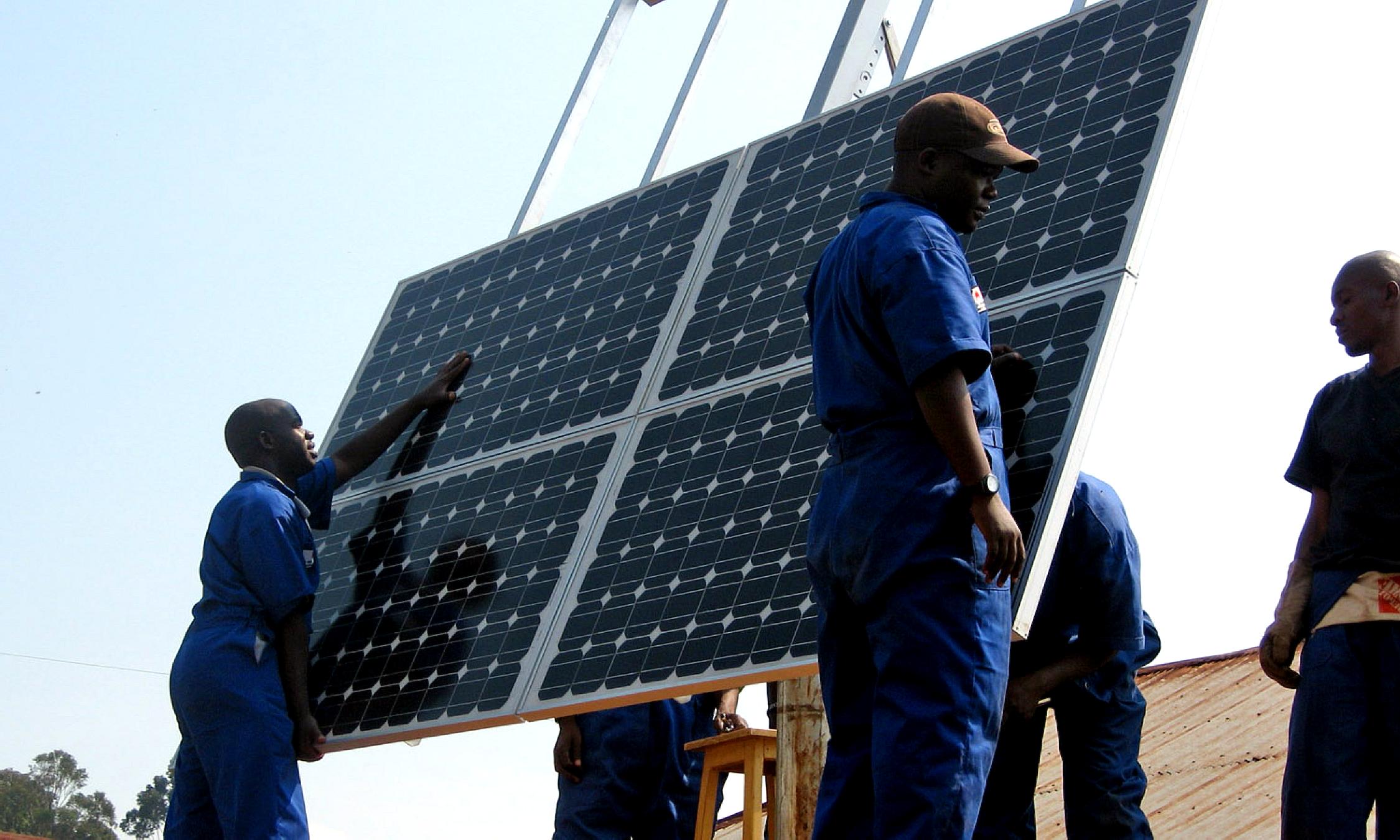The East African regional bloc, Comesa, is working with member countries to address the energy deficit that has affected economic activities across the board.
In addition to improvement of the power generation which has boosted the capacity in the region to 92, 000 megawatts (MW) with thermal energy dominating the and accounting for 30%, efforts are directed towards other areas.
The region is planning to move and evacuate energy efficiently from areas of production and surpluses to areas of deficit, domestically or across borders by investing in transport corridors of energy trade through transmission inter-connectors and pipelines.
Also in the plans is the Cape to Cairo electricity corridor being implemented through the Zambia-Tanzania-Kenya (ZTK) power inter-connector project.
This project will interconnect the Southern Africa Power Pool and East Africa Power Pool, enhance and pave the way for a competitive regional power market.
“In particular, we are focusing on guidelines relating to renewable energy such as Feed-in-Tariff, Power Purchase Agreement, Public-Private Partnerships, Joint Development of Projects, Framework on Off-Grid Electrification, and Best Regulatory Practices for renewable energy development, which COMESA recently developed and adopted,” he said.
The details of the plan was disclosed during the 9th Annual General Meeting of the COMESA Regional Association of Energy Regulators for Eastern and Southern Africa (RAERESA) that began in Addis Ababa.
According to a press statement that was sent to East African Business Week, the Chairperson of RAERESA Dr Fredrick Nyang told delegates that the main challenge for many COMESA countries is that generation capacity is not enough to cover the nations own needs and allow for cross-border trade.
“Even though there are plans underway to improve the transmission capacity across borders, there is not yet enough transmission capacity to secure an unimpeded trade across the countries and regions,” he said.
Sixteen countries including Ethiopia, Burundi, Egypt, Kenya, Madagascar, Malawi, Mauritius, Rwanda, Seychelles, Sudan, Uganda, Zambia, Djibouti, Eritrea, Somalia and Tunisia attended the AGM.
Ethiopian State Minister of Water, Irrigation and Energy H.E Dr Frehiwot Woldehana who opened the meeting observed that approaches are needed to increase generation capacity and minimize the current system losses of electricity.
He noted that Africa was losing 12.5% of production time as a result of chronic power outages thus holding back the continent’s potential for growth.
Citing recent studies, the Minister said the low levels of competitiveness of countries in the local and regional markets was due to lack of adequate infrastructure in energy in the COMESA region.
“Our region is a paradox of energy, richly endowed with power generating natural resources of which only a few are harnessed, thus resulting in severe power shortfalls.
“We must tap our indigenous resources so that we are not dependent upon imports of fuel to light our cities and power our growth.” the Minister said.
Assistant Secretary of Programme, in COMESA Dr Kipyego Cheluget, told the meeting that the regional bloc will continue supporting energy security enhancement in the region by facilitating domestication of adopted energy regulation instruments.
The Chairperson of RAERESA, Dr Fredrick Nyang invited the COMESA Member States that have not joined the regional association of energy regulators to do so, to enhance the sustainability of the regional energy market, through a harmonized regulatory framework.


